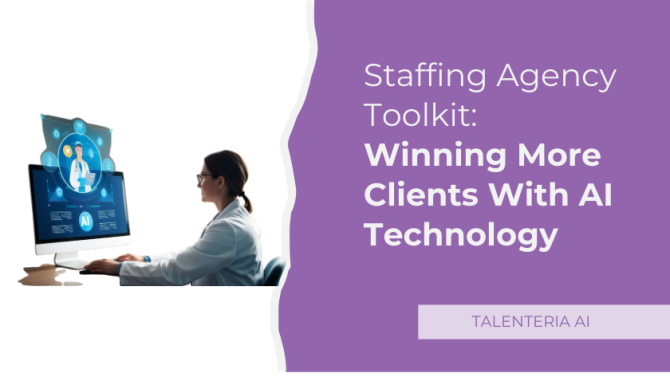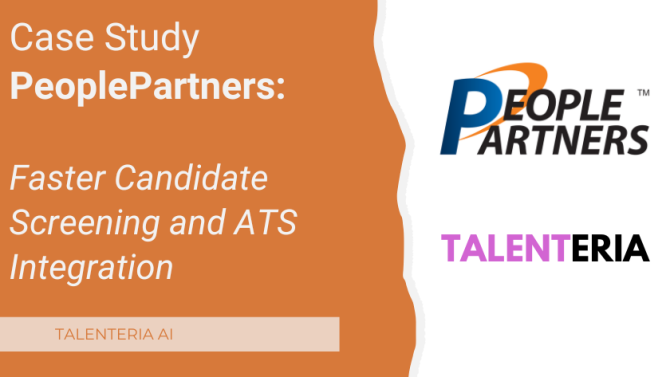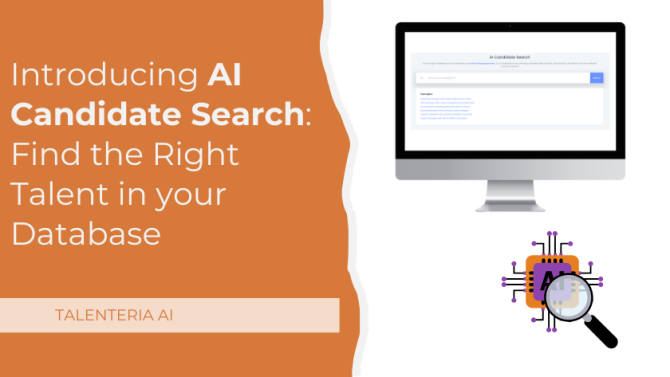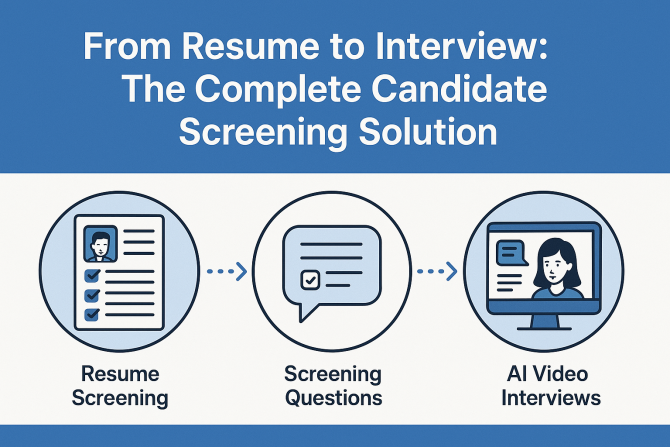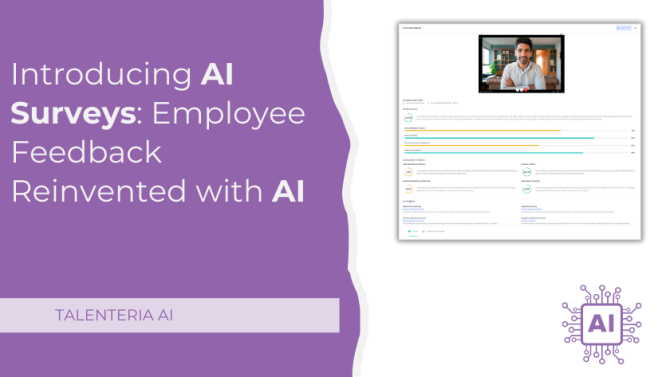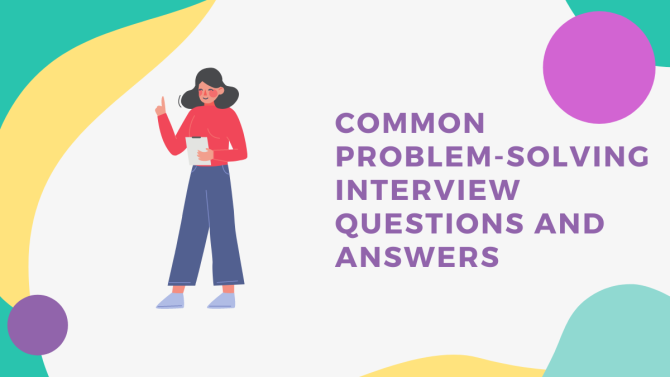
Interviewers often ask problem-solving questions. This type of question intends to test a candidate’s behavior in unusual and difficult situations. A recruiter wants to assess the recruit’s problem-solving skills. This article will elaborate on typical examples and how to answer them to pass an interview successfully.
Why Do Companies Ask Problem Solving Interview Questions?
Some job roles require more than just a set of pre-defined skills or knowledge. Sometimes an employee faces unusual situations at work. This often happens for middle-managers, who have more responsibility.
To successfully manage the workload and drive a company to prosperity, a person has to be able to tackle stressful situations. That’s what interviewers test with problem-solving questions.
Typically, such questions are situational. A recruiter simulates a difficult case to know how a potential employee will handle it. The situation can be anything from implementation problems to complex obstacles.
How to Answer Problem Solving Questions
There are several techniques to use when answering interview problem-solving questions. They can be divided into two categories: solo and group interviews.
Solo Interviews
In case you are face-to-face with an interviewer, you need to show how good you are at solving complex, unusual problems. A reasonable structured approach is the best idea. You can break up your answer into five phases. They are:
1. Analysis – Analyze the causes of the problem. Try to understand what factors stand behind the issue.
2. Brainstorming – Generate ideas on how to solve the problem. Try to look at it from different perspectives.
3. Evaluation – Assess each idea and its viability. Be reasonable and consider numerous factors, from financial costs to possible implications for the future. Choose the best solution.
4. Implementation – Describe the implementation process. Show your personal contribution. You can also highlight your professional knowledge and skills that will help you to overcome the problem.
5. Result – Evaluate the effectiveness of the solution. Assess what the company will gain from it and whether the problem is completely solved or not.
Group Interviews
Group interviews differ from solo ones. In this case, you need to be a team player and show how well you communicate with others. You need to be flexible yet consistent. If you are a leader, don’t be shy to show it. Lead the team to the best solution: utilize each members’ strengths and compensate for their weaknesses.
You can use the star technique to solve the problem:
- S – Situation in which the problem occurred
- T – Task (implies the problem to solve)
- A – Action to be taken or a solution
- R – Result of the action.
Common Problem-Solving Interview Questions and Answers
Interviewers usually have a set of problem-solving questions they ask. Here are some common examples with the best replies:
1. How do you typically handle problems? Describe your actions.
The first step is usually assessing the situation. I try to dig deeper to understand the roots of the problem. After the research, I can find the best solution easier. I usually assess several ideas and choose the best.
2. Describe a situation at work when you had to solve an unexpected problem.
I was working as a sales representative. One customer made an order and paid for it, but we didn’t have it in stock. I contacted another location, found the necessary item, and had it delivered to the customer.
3. How do you make a decision? Do you weigh the pros and cons?
I always assess the pros and cons. I usually analyze them in terms of effectiveness. For example, the cons shouldn’t undermine the viability of the solution and hinder the success. In such a situation, the pros usually outweigh the cons, which the solution is worthy.
4. Describe a situation when you had to change the planned course of action.
I rapidly analyzed the situation and found several solutions that could lead to a successful outcome. Then I assessed which one has the least cons and decided to choose it.
5. Imagine your supervisor wants to update software or hardware. How would you help him/her?
Firstly, I would work with my manager together on determining key problems to solve. Then, I would make up a list of the compulsory parameters. After, all the options should be analyzed in terms of value and price. I would choose the one with the best value-to-price ratio.
Interview problem-solving questions aren’t as dangerous as they may seem. If you want to give a good answer, consider the company’s specifics. You can learn more about an organization on a corporate career site. An employer can build one with Talenteria. If you want to know more, please, let us know!
